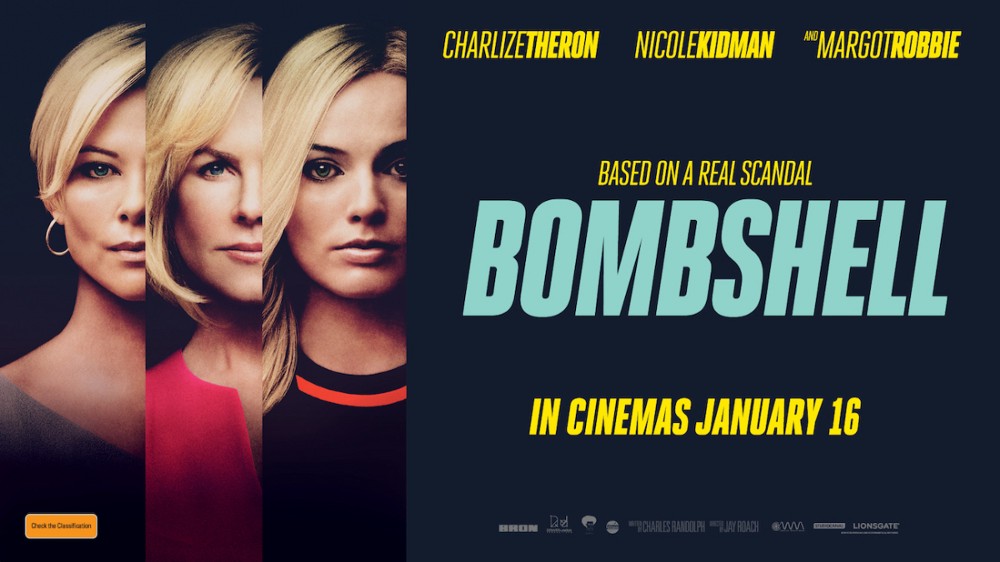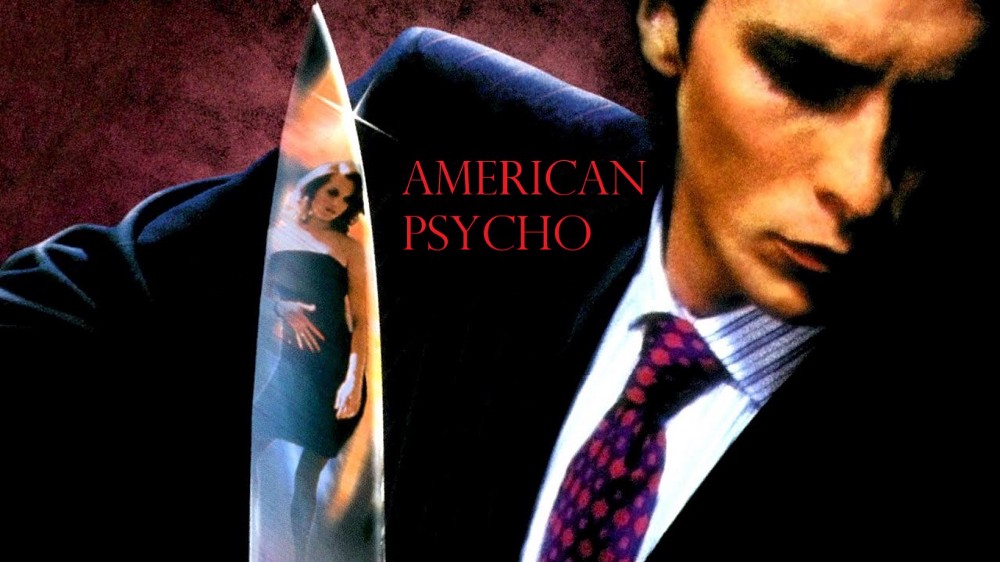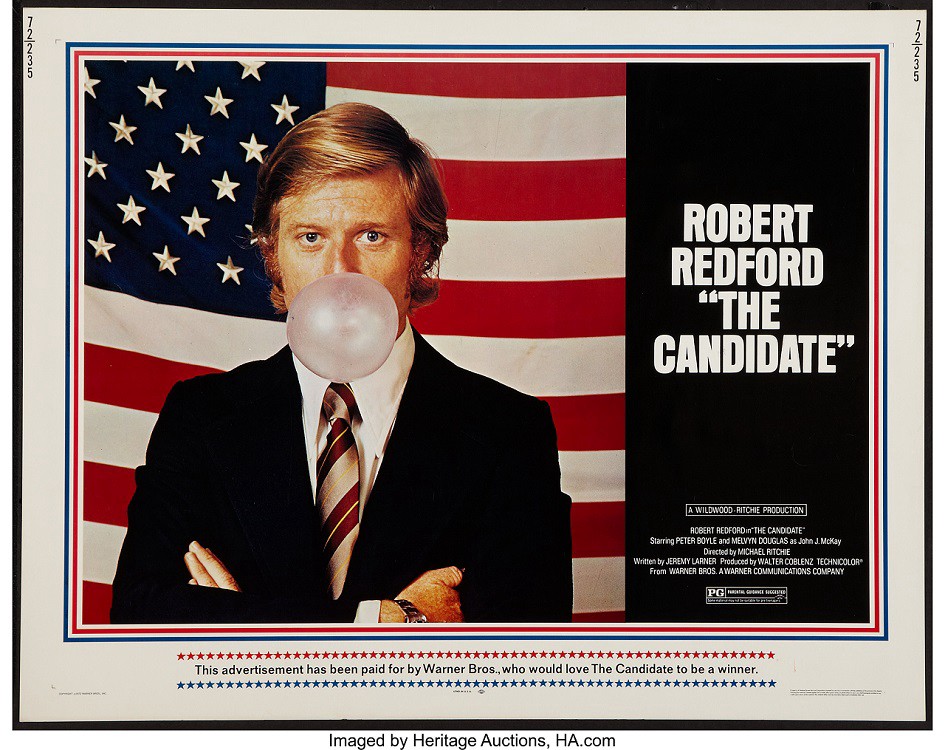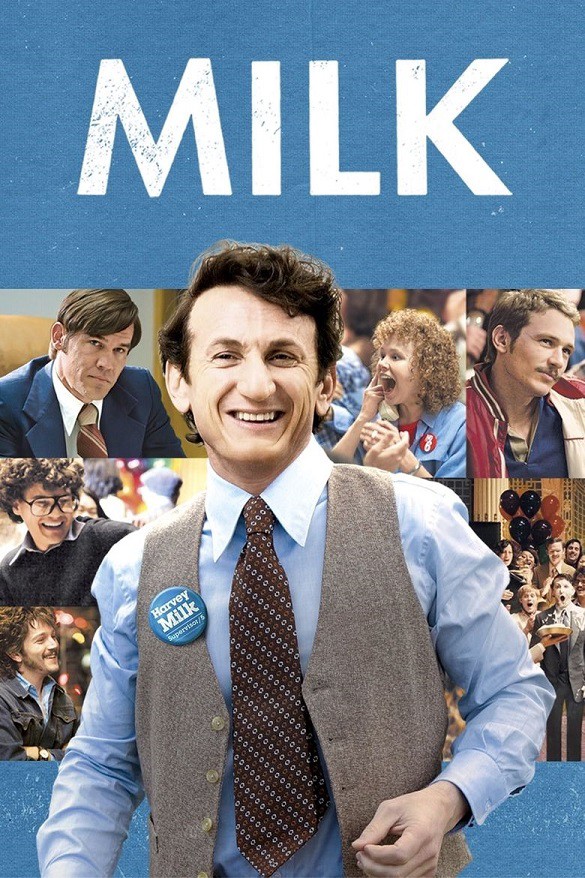Staff Picks: Inauguration Edition 2021
It’s almost the end of the first month of 2021, and just over a week since the U.S. saw a new president take office. In light of the occasion, some of us highlighted our favorite political films below!
Bombshell (2019)

If you haven’t seen this film, TW’s for sexual assault, sexual harassment, and strong themes of conservatism.
I LOVE to hate Bombshell and here’s why; this film completely immerses you into the horrifying world of FOX News and makes you feel like you’re learning the companies darkest and dirtiest secrets for a whole hour and fifty minutes. It will leave you feeling slimy, grimy, and more feminist than you have ever felt. With stunning performances from Charlize Theron as FOX News blonde “bombshell” Megyn Kelly and Nicole Kidman as reporter Gretchen Carlson, this political drama has nothing less than an all-star cast. There are moments through this film that will make any woman’s skin crawl and remind anyone, even conservatives, of the importance of the #MeToo Movement. The scandals that have been kept quiet surrounding the culture of FOX as well as simple office misogyny that occurs in office spaces everywhere remind us that dismantling the patriarchy is more important now than ever. Small degrading comments directed towards women can easily lead to much more traumatic occurrences that we see throughout Bombshell. The stories shared throughout this film are reflections of true allegations that have come directly from the reporters and other employees of the conservative national news channel. I believe that the #MeToo movement was the catalyst for these allegations that ultimately lead to the creation of this perspective-altering film. Being immersed in such a toxic space makes this film uncomfortable to watch, but isn’t some of the best art made to make viewers feel uneasy? Making audiences question their place in society and emphasizing their responsibility to protect women from horrifying situations such as the ones shown throughout this film is truly what I believe makes this film important. The women who work/ worked for FOX news have experienced the most unspeakable trauma in their workplace and somehow, millions of viewers tune in to watch and fund this network every day. The unbelievably white-washed cast is simply a reflection of FOX’s true consideration of diversity. However, the perspective and amplification of these victims’ voices are important to me on a strangely deep level. As much as I felt completely uncomfortable watching some of the scenes in this film, I think this discomfort was a key element in how effective this film was in emphasizing the horrors that went down under the leadership of FOX executive Roger Ailes played by John Lithgow in the film. If you are comfortable trudging through nearly 2 hours of this content, you will definitely be rewarded with more feminism than you have probably ever felt in your life, and hopefully, we can go forward and work together to dismantle the patriarchy.
Incluvie Score: 3
Movie Score: 4
American Psycho (2000)

There is no better film to sum up the 1% than American Psycho. The semi-slasher comedy satirizes the white-collar world of privilege but its killer is not the usual queer-coded outcast (re: Psycho, Texas Chainsaw Massacre, Sleepaway Camp, every horror film ever). Instead, the villain and protagonist is Wall Street wonder boy Patrick Bateman (Christian Bale). He is good-looking, dull, and completely sociopathic — similar to most businessmen in reality. The film startlingly embodies the “promising” ideas that misogyny and capitalism hold, showing that this excess and dehumanization are really disturbing plays for power in the American Dream hellscape. Trying to feel something, Patrick does any and every horrible act he can think up and has no regard for who he hurts along the way. Every detail of the film was so meticulous and well planned by director Mary Harron, leaving me something horribly new to discover every time I brave rewatching it. The cast is entirely white and the women are only love interests — though being purposefully used to display the shallow and insular world Patrick has immersed himself into of the American elite. Harron shows how the petty drama of corporate boardrooms will consume Bateman’s mind obsessively but killing people is just a simple pastime. Though hard to watch, it is a marvel of a film that is even more chilling because of how this egregious characters mirror real life: rich, white men who could care less about the exploitation they incur on others and, despite how inept or awful they may be, they will always remain free from consequence (I can list 10 examples off the top of my head of men who fit that the description alone). The humor of the film allows you take fun of this (and them), reversing the gaze so the men become the vulnerable fools in question. However, there is an alarming sense of dread that sits in the back of your head reminding you that, no matter how exaggerated this might seem, these apathetic men who live undeserving cushy lifestyles and dictate the world around us exist in reality. It definitely puts me in the mood to vote, protest, and tear down the entire system.
Incluvie Score: 2
Movie Score: 4.5
The Candidate (1982)

Michael Ritchie’s 1972 film The Candidate follows Robert Redford as Bill McKay, an attractive, young lawyer who is brought in to challenge the popular Republican incumbent Crocker Jarmon (Don Porter) in California’s senate race. Throughout the course of McKay’s campaign, we are brought behind the scenes into a narrative that blends comedy and documentary to experience the ways the growing media of television impacted the elections of the mid-20th century, and the ways that strong moral convictions can be replaced by sound political strategy. In many ways these looks into the politics of the seventies make the film serve as a sort of time capsule where we get to explore how discourses around the environment, policing and cultural attitudes have changed or stayed the same. The way these topics are handled however, are largely within the context of what is good for the campaign, making this film the story of a man with progressive ideals being corralled further to the center for political gain. This handling of politics is perhaps best felt in the way the film addresses race, which is presented throughout the film in relation to the ways it can be used in strategic campaign moves. An example of this is the way in which McKay is urged by the media to pose with Black residents to improve his image while simultaneously being coached to bring his views on bussing towards the moderate center. The scenes of the clean cut and sharply dressed McKay within Black communities that are presented as poor and dangerous are uncomfortable at best and as the film goes on, the issues around racism are pushed away in favor of maintaining political amicability. On the whole, The Candidate is a strong film in its performances and style and serves to cynically highlight the inner workings of the media and the political machine even within a candidate that presents himself as being “for the people.” It is clear today, however, that true power for the people does not emanate from one singular person, but rather from collective action and advocacy. The cynicism behind The Candidate is challenged, if only a little, by major breakthroughs such as the two Democratic Senate victories in January, victories that were led by Black community organizers and Black voters. These movements give hope that almost fifty years after the release of The Candidate, power belonging to the people may begin existing not merely as a slogan for politicians, but as a true practice that can be seen within our communities.
Incluvie Score: 2.5
Movie Score: 4
Milk (2008)

TW/CW for Milk: homophobia, slurs, drug usage, violence against LGBT+ community, suicide, death (hate crime). See more here.
Milk, released in 2008, is a drama based on the real life and political career of Harvey Milk, the first openly gay man elected to major political office. I recently watched the film for the first time since I did nearly a decade ago- long before I understood or cared about politics- and I found myself, above the overwhelming sadness, angry at the fact that it took a 2008 film to tell me about the historical advances Harvey Milk made for the LGBTQ+ community, and not the inordinate amount of history classes forced on me all through school.
The film opens on the eve of Harvey Milk’s (Sean Penn) 40th birthday, where he meets a younger Scott Smith (James Franco) in a subway station and takes him home. Harvey Milk was not involved in politics before the age of 40, and the movie immediately makes mention of this with a line from Harvey: “Forty years old, and I haven’t done a thing I’m proud of.” Harvey and Scott make the decision to “run away together”, escaping from New York to the supposedly more tolerant San Francisco. From there the film follows the course of Milk’s time as a politician and gay rights activist until his death in 1978, at the age of 48.
Harvey and Scott moved to the Castro district along with a flood of gay and bisexual men. Harvey slowly worked to make Castro Street a place for gay men, trading favors to help the community. In one particular instance, highlighted in the film, Coors beer refused to sign a union contract. Milk was asked for his assistance with the issue, and so he urged all gay bars to boycott the distributor in return for the union hiring more gay drivers. While San Francisco was largely more tolerant, the LGBT+ community still faced discrimination from bigots and businesses in the area, and so Harvey decided to use his newfound social power as the honorary “Mayor of Castro Street” to run for political office and make it official. He ran unsuccessfully three times, but his tenacity and unapologetic authenticity garnered him more votes in each election, and he ultimately won a seat as a city supervisor in 1977, becoming the first openly gay man elected to California public office. Harvey used his position to work on breaking down stereotypes about the LGBT+ community, passing legislation that protected them, and fighting against legislation that unfairly restricted them or actively discriminated against them.
At some point during this time Harvey recorded his thoughts on tape, knowing the dangers of his position; this was featured throughout the movie, Penn sitting at a small table, clutching the microphone in his hand- which was to be released in the event of his death. In it, Harvey laments:
“This is to be played only in the event of my death by assassination. I fully realize that a person who stands for what I stand for- an activist, a gay activist- becomes the target or potential target for someone who is insecure, terrified, afraid, or very disturbed themselves…”
-Harvey Milk, final tapes
Harvey served only 11 months on the board until his assassination by disgruntled ex-supervisor Dan White on November 27, 1978. His final tape was left as a sort of blueprint for how the gay community was to respond in the event of his death, encouraging them to take the anger and sadness they felt over his death and channel it into something positive for the movement.
“All I ask is for the movement to continue, and if a bullet should enter my brain, let that bullet destroy every closet door…”
-Harvey Milk, final tapes
Biopics appear to be making a comeback now, with ones such as Bohemian Rhapsody, Rocketman, and most recently Spencer, in which Kristen Stewart will play Princess Diana. Sean Penn was brilliantly cast as Harvey Milk, nailing everything from his voice and accent to even the slightest mannerisms, accurately capturing Milk’s energy and hopefulness. He was joined by an equally talented cast of civil rights dopplegangers, many of them LGBT+ themselves: Emile Hirsch as Cleve Jones, Josh Brolin as Dan White, Diego Luna as Jack Lira, Alison Pill as Anne Kronenberg, Victor Garber as Mayor Monscone, and Denis O’Hare as John Briggs.
If interested in learning more about Harvey Milk, I highly recommend as a precursor The Times of Harvey Milk, a documentary made shortly after his death from interviews compiled of old friends and acquaintances of Milk’s. You can rent or buy both The Times of Harvey Milk and Milk on Prime.
Incluvie Score: 5
Movie Score: 4.5
More to explore
By Same Author
Related lists created by the same author





